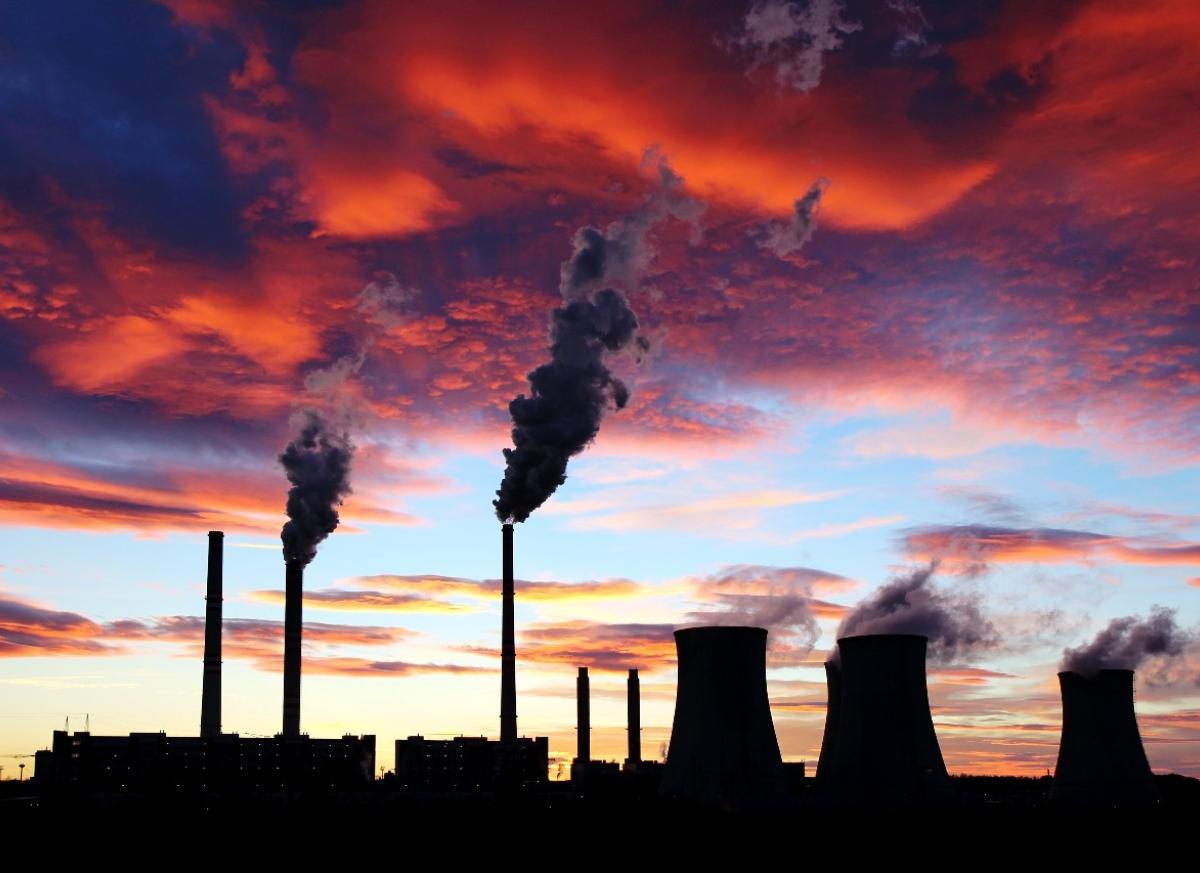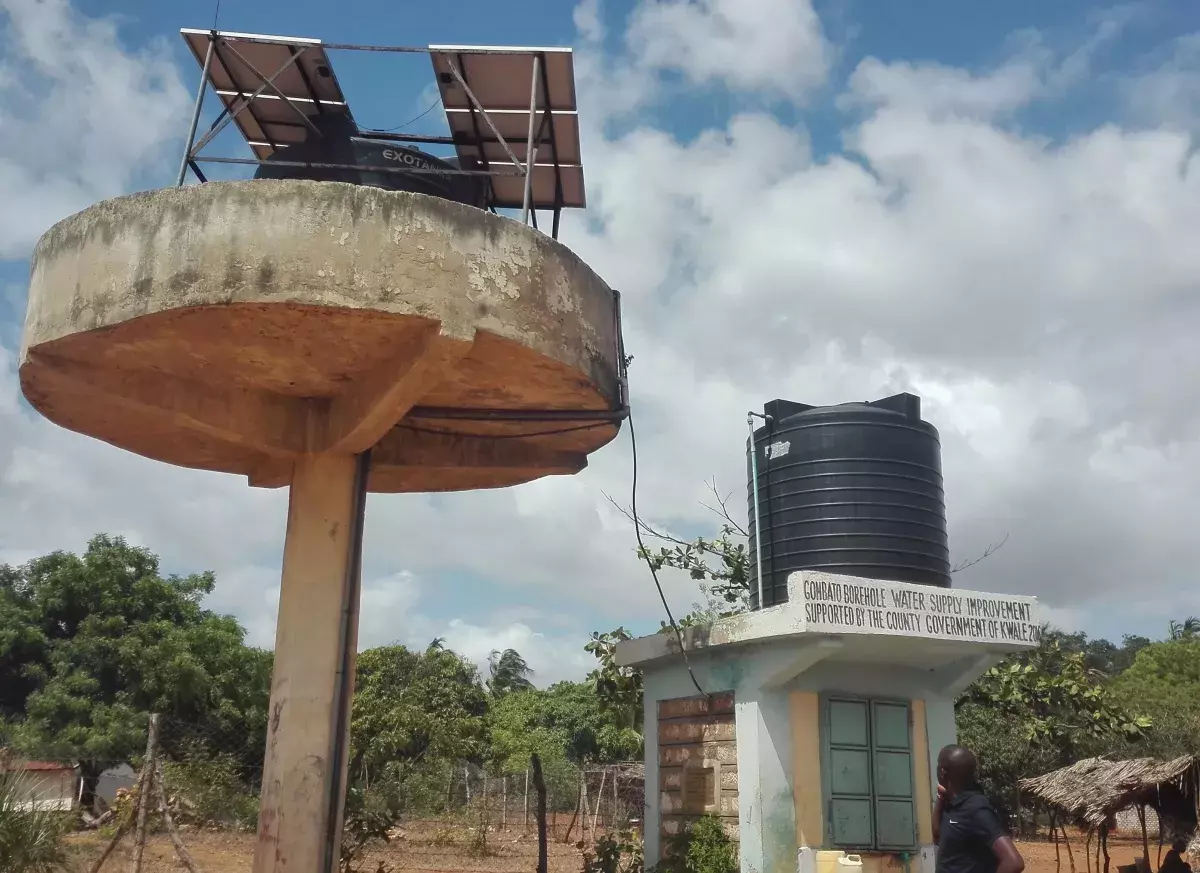News
Bank of America in key partnership with Oxford’s Smith School to support climate and sustainable finance research
Bank of America pledges £1.2m to the University of Oxford to support ground-breaking greenhouse gas removal and sustainable finance research at the Smith School of Enterprise and the Environment.
Ben Caldecott and Nathalie Seddon appointed to U.K. Climate Change Committee
Dr Ben Caldecott and Professor Nathalie Seddon have been appointed to the Adaptation Committee of the U.K.’s Climate Change Committee, an independent, statutory body established under the Climate Change Act 2008 to advise U.K. policy makers.
MSc student and researcher selected for UN Race to Zero
Race to Zero is a UN-backed global campaign to rally leadership and support from businesses, cities, regions, and investors for a healthy, resilient, zero carbon recovery by 2050.
A sectoral approach to tackling sustainability data quality and integrity in sustainable finance
The data used in the analysis of sustainability-related factors has much room for improvement. Data quality affects our ability to understand exposures to different climate and environmental risk factors and how these change over time, the contributions to positive and negative externalities, and the vulnerabilities facing investments.
Financial institutions serious about climate change and energy security need to end financing fossil fuel expansion
Christian Wilson and Dr Ben Caldecott explain the need for financial institutions to rapidly end fossil fuel expansion in light of the International Energy Agency's Net Zero Emissions by 2050 Scenario. Russia’s illegal war against Ukraine makes this transition more urgent, because it will reduce
Oxford group launches sectoral ESG data quality initiative
The Oxford Sustainable Finance Group (OxSFG) recently launched an independent assessment of data quality within sustainable finance, dubbed the Sectoral Data Quality and Integrity Project. OxSFG believe that providing clear sector-specific guidance on data quality and characteristics will help improve and align the datasets that underpin different reporting and analytical frameworks.
SSEE MSc students selected for Oxford SDG Impact Lab fellowship
Oxford Smith School MSc students Puninda Thind and Ryleen Balawanth have been selected for the inaugural Oxford SDG Impact Lab Fellowship, a collaboration between the University of Oxford and easyJet Holidays.
Off-grid energy in East Africa needs urgent policy intervention
The off-grid energy sector in East Africa is vital to the region's sustainable development and needs urgent government support to help it recover from the pandemic, according to a new policy brief from researchers at the Smith School of Enterprise and the Environment.
Bloomberg: Africa Needs Off-Grid Support to Avoid 30 Million Losing Access
Off-grid power development in Africa needs support to prevent at least 30 million people from losing electricity access after disruptions related to the global pandemic caused many distributors to struggle to remain operational, according to a new report.
Net zero pathway allows U.K. to stop Russian oil and gas imports by 2024 - analysis
An analysis from a team at the Smith School of Enterprise and the Environment finds that the U.K. could effectively eliminate the need for Russian gas imports in 2023 and oil imports by 2024 if it takes the net zero measures recommended by the Climate Change Committee's 6th carbon budget.
Bloomberg: Canada to Sell Green Bond as Push to Exit Oil Rises Amid War
Canada started taking orders for its inaugural green bond amid a renewed global push to reduce dependence on fossil fuels after the Russian invasion of Ukraine brought reliance on non-renewable sources of energy back into the spotlight.
As the world heats up, could 'carbon clubs' supercharge climate action?
Forbes' David Vetter explores a new working paper by Bethan Adams, Kaya Axelsson and Adam Parr on the concept of an international "Carbon Club." A Carbon Club is a group of countries who individually introduce a Border Carbon Adjustment (BCA) on carbon-intensive imported goods, working independently but in parallel. Adam Parr told Vetter that "Pricing signals are a fundamental principle of how markets operate, and taxing bad stuff is a fundamental tax principle of how governments operate."











